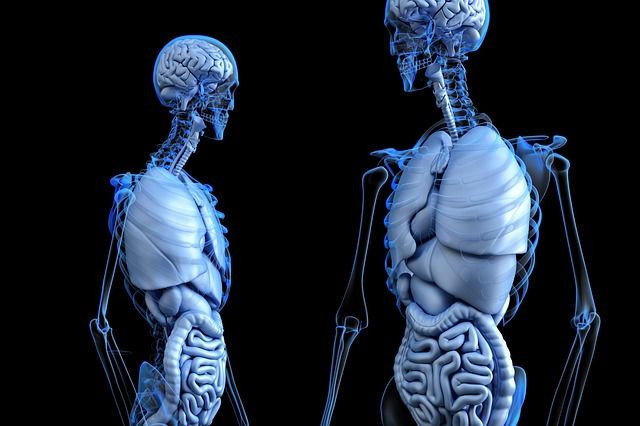Childhood Trauma May Permanently Alter Gut Bacteria, Increase Risk Of Severe Irritable Bowel Syndrome

Doctors have long noted a link between anxious and depressed behavior, and increased risk for irritable bowel syndrome (IBS), but new research suggests this link is closer than we thought. Results from the study suggest that traumatic experiences may permanently change the gut microbiome, which may cause a variety of seriuos digestive issues.
A study published online in the journal Microbiome found that people with irritable bowel syndrome who had a history of early life trauma had notably different gut microbiomes than people with IBS who did not have a history of trauma, and were more likely to have their IBS symptoms last longer. Researchers say their study shows the association between gut bacteria in people with IBS and regions of the brain that process sensory information, and which may be altered by trauma.
Read: IBS Symptoms In Women: What To Know About Irritable Bowel Syndrome, From Diarrhea To Gas
“It is possible that the signals the gut and its microbes get from the brain of an individual with a history of childhood trauma may lead to lifelong changes in the gut microbiome,” the authors wrote, NY Magazine reported.
For the study, researchers from UCLA collected behavioral and clinical measures, as well as stool samples and structural brain images from 29 adults with IBS and 23 healthy controls. They then analyzed the composition, abundance, and diversity of the gut microbiota in both groups, NeuoscienceNews reported.
The results showed differences between the gut microbiota of those with and without IBS, and also showed that individuals with IBS were more likely to live with depression and anxiety. However, the team was most surprised to see differences in the microbiota of those with a history of childhood trauma. This suggests that trauma causes alterations in the gut microbiota, altering its sensitivity.
The team also noted that people with altered micbrobiomes also had differently shaped brains, although it’s not yet clear which led to which, or even if the two traits are connected. Past research has suggested that early life trauma can cause functional and structural changes in the brain, and if this is so, these changes may go on to alter the composition of our gut, NeuroScienceNews reported.
According to the Mayo Clinic, IBS is a digestive disorder that can lead to cramping, abdominal pain, bloating, gas, diarrhea, and constipation. There is no known cause or cure for the condition, although NY Magazine mentioned that many efforts to quell discomfort caused by IBS are focused on reducing stress and anxiety. The condition is very common, with about one in five American adults experiencing signs and symptoms of IBS during their lifetime.
Source: Labus JS, Hollister EB, Jacobs J, Kirback K, et al. Differences in gut microbial composition correlate with regional brain volumes in irritable bowel syndrome. Microbiome . 2017
See Also:
A Blood Test For Certain Forms of Irritable Bowel Syndrome May Have Just Been Discovered
Always On The Go? What Your Bowel Movements Can Say About Your Health



























